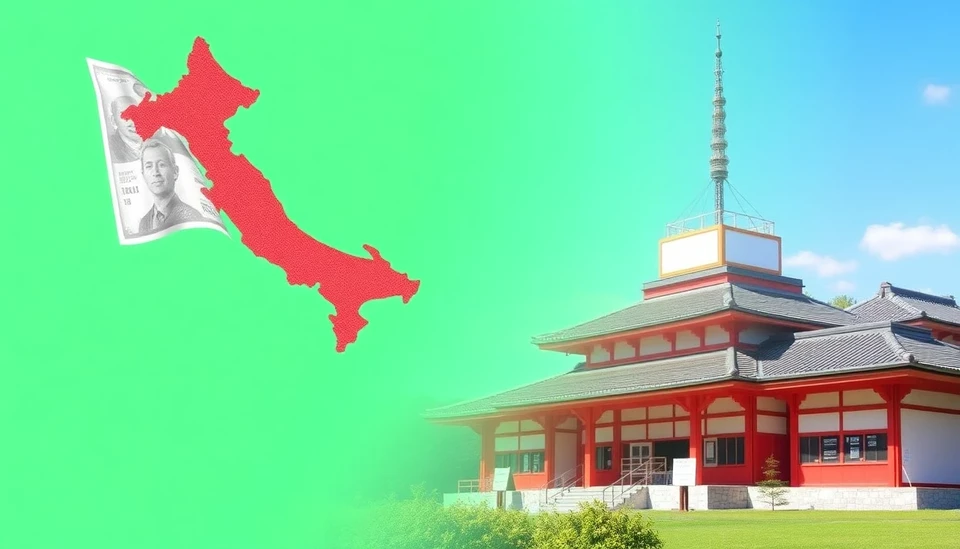
In a notable shift in economic sentiment, Japan is witnessing a surge in inflation expectations as businesses and consumers alike begin to grapple with the ramifications of new tariffs disrupting supply chains. This increasing outlook on prices is raising concerns about how the Bank of Japan (BoJ) will navigate its monetary policy amidst these emerging challenges.
The latest data indicates that Japanese corporations are increasingly preparing for price increases, reflecting a more robust inflation outlook. Business sentiment has shifted noticeably, as firms report higher costs of production that could soon be passed down to consumers. In recent months, numerous businesses have indicated plans to raise prices on various goods and services, prompting analysts to recalibrate their inflation forecasts.
This trend toward escalating price levels emerges in the wake of the BoJ's long-standing commitment to achieving a stable inflation rate of around 2%. However, the looming tariffs, designed initially to protect domestic industries, are creating a complex landscape for the central bank. These tariff measures are expected to exert upward pressure on consumer prices, thus complicating the BoJ's existing monetary policies.
Furthermore, the consensus among economists suggests that despite these external pressures, the BoJ may remain cautious about altering its interest rate policy. Historically, the central bank has maintained an ultra-loose monetary approach to stimulate growth and combat deflation. However, with rising inflation expectations, the challenge lies in balancing these goals without stifling economic recovery.
The situation is underscored by the broader economic context, where Japan is still recovering from the aftershocks of the pandemic. As global economies adjust and recover variably, Japan faces the unique challenge of safeguarding its growth trajectory while also managing inflationary pressures that could emerge from international disruptions.
As the landscape continues to evolve, it is vital for stakeholders, including consumers, businesses, and policymakers, to stay vigilant about shifting inflationary trends. Analysts express that the coming months will be crucial in determining the BoJ's next moves and how effectively it can address the dual challenges of fostering economic growth while managing potential inflationary risks.
In summary, as Japan navigates this complex interplay of rising prices and uncertain economic conditions, the actions taken by the Bank of Japan will be pivotal in shaping the country’s financial landscape in the near term. Observers and market participants alike will be closely watching developments to gauge the central bank's direction and its implications for the broader economy.
#JapanEconomy #Inflation #BankOfJapan #Tariffs #MonetaryPolicy #EconomicGrowth #FinancialNews #InterestRates
Author: Rachel Greene




